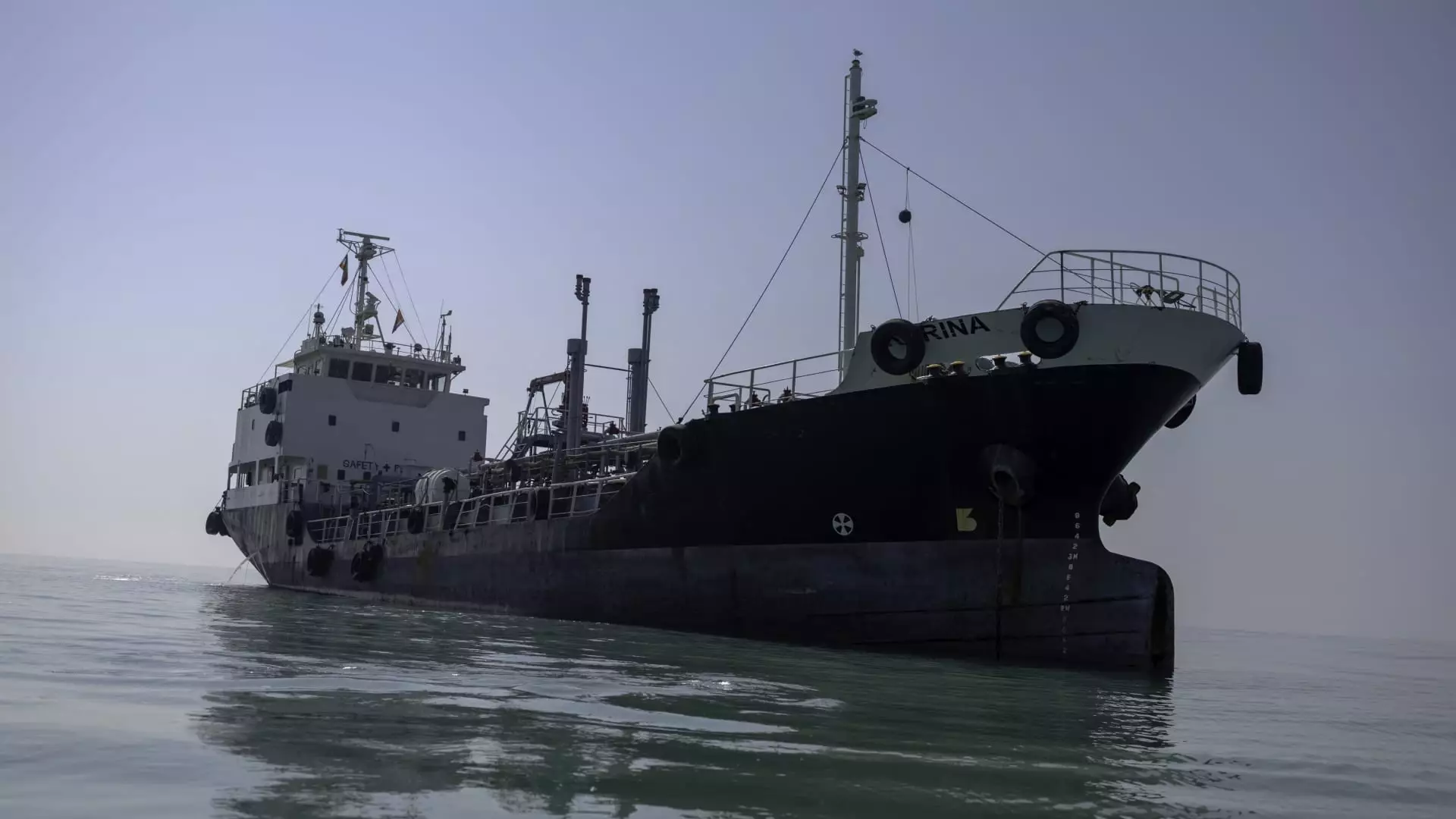The recent escalation of tensions between Israel and Iran has sent ripples through global maritime trade, with shipping insurance costs surging in direct response to the conflict. The startling increase from 0.125% to 0.2% for voyages into the Persian Gulf, as reported by a leading insurance broker, serves as an alarming barometer for the deteriorating security landscape in this strategic region. Such a rapid change in insurance rates not only signals immediate financial implications for shipowners but also reflects the broader precarious nature of maritime commerce amidst escalating geopolitical disputes. It forces stakeholders to reckon with an uncomfortable truth: the waterways that once facilitated trade now bear the heavy burden of conflict.
Impact on Stakeholders: A Shifting Shipping Landscape
The shifting tides of shipping insurance underscore a grim reality for various maritime stakeholders. Insurers are compelled to hastily reassess risks and revalue policies as the military posturing between Israel and Iran intensifies. With coverage for Israeli ports skyrocketing to 0.7%, the industry is witnessing an unnecessary scramble, reminiscent of a chaotic game of musical chairs. The cut-back in the validity period of quotes from 48 hours to merely 24 highlights an alarming urgency—insurers are responding to an untenable situation where the unpredictability of conflict could strike at any moment. This volatility is not merely a logistical burden; it opens the door to higher operational costs that ultimately funnel through to consumers, perpetuating a cycle of inflation and uncertainty.
A Fragile Balance: The Strait of Hormuz and Global Energy Markets
At the heart of this maritime tension lies the Strait of Hormuz, arguably one of the world’s most critical oil chokepoints. The early signs of shipowners shunning this narrow waterway indicate a widespread apprehension fueled not only by immediate risks but also by fears of broader conflict. Jakob Larsen of Bimco articulates the palpable anxiety within the shipping community; a “modest drop” in vessel traffic underscores a profound unease that has real repercussions for energy supplies and prices around the globe. The international markets, already fragile in the face of shifting demand and geopolitical tension, could feel the shockwaves of even temporary disruptions in oil flow.
Questionable Decisions and Broader Implications
The implications of rising insurance costs and the hesitancy of shipowners to traverse conflict-laden waters extend beyond immediate financial concerns. The potential for U.S. intervention looms large, and the consequential geopolitical reshaping could introduce a more chaotic environment for global trade. The overall maritime landscape is fraught with uncertainty, wherein the conflicts of nation-states directly intersect with the intricate balance of global commerce. The question emerges: are countries like Israel and Iran playing a dangerous game with war that could have catastrophic implications not only for their regional stability but for global economic conditions?
The new normal of exorbitant insurance premiums and cautious shipping strategies reveals a precarious intersection of international relations and economic viability, highlighting the urgent need for diplomatic engagement and conflict resolution. If left unchecked, the waves created by such tensions could rollover entire sectors of the global economy, shifting from mere insurance costs to a full-blown crisis. As we brace ourselves for the unfolding impacts, one can only hope for a robust and swift diplomatic response that might still restore some semblance of order to these troubled waters.


Leave a Reply